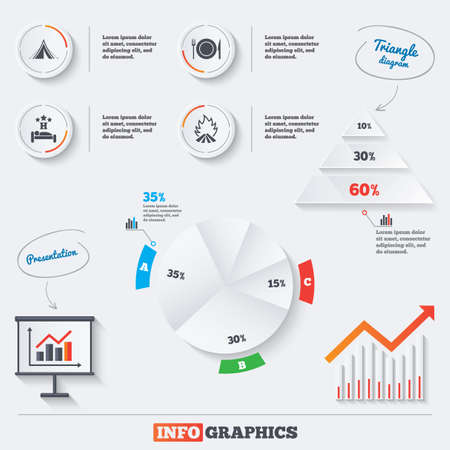Picking the right structure product is crucial for event tents. Whether it's layered steel for spending plan outdoors tents or plated light weight aluminum for durable applications, there are many considerations to remember.
Steel frameworks are common in lower-priced pop-up outdoors tents however are prone to corrosion even with finishes and require regular maintenance. Aluminum is light-weight, normally withstands rust, and stands up well in humid or coastal environments.
Steel
When it pertains to ensuring the longevity of customized camping tents, the product used in their frameworks plays an important role. Steel and aluminum alloys both use costs resilience, yet each offers unique benefits that make it ideal for various sorts of atmospheres. Steel is suitable for sturdy conditions, while light weight aluminum master standing up to rust and reducing upkeep expenses.
When occasion hosts select the right outdoor tents for their needs, they need to consider elements like expected weather conditions. For instance, frame tents frequently do better in windy or stormy conditions than pole tents because they don't rely on a central pole to support the framework. Nonetheless, the links in between structure items can damage in high stress and anxiety situations. Identifying these weak points and carrying out routine assessments can aid avoid potential damage.
Steel frameworks are difficult to reduce, weld or form, which can need specific tools and increase labor costs. In addition, they often tend to corrosion or rust quickly and may need additional protection or coatings. Additionally, steel is very heavy and can cause concerns when transporting a cover. It's additionally hard to keep for long periods of time since it uses up much more space than aluminum frames.
Light weight aluminum
Light weight aluminum is a prominent framework material for canopy outdoors tents since it's lightweight, rust-resistant, and simple to deliver and establish. It also offers a more stable sanctuary during gusty problems than steel frameworks. Aluminum is less vulnerable to tearing and any kind of damage can be easily repaired, lengthening the life of the outdoor tents. It likewise breathes to decrease condensation and provides exceptional acoustic insulation to wet outside noise.
The resilience of aluminum structure outdoors tents is even more improved by the natural oxidation residential properties of the steel. It develops a portable oxide layer that safeguards the surface from corrosion and discolorations. Therefore, the durability of an aluminum pop up outdoor tents can be enhanced also additionally when the frame is plated.
Anodized light weight aluminum is more powerful than steel and can endure high wind rates. On top of that, the finish withstands corrosion and discolorations, extending the life-span of the tent. In addition, anodized light weight aluminum is recyclable and sustainable, making it suitable for businesses seeking LEED certification. The mix of these homes makes light weight aluminum an extra economical option than steel for big, sturdy outdoors tents, such as those utilized to suit commercial equipment and storehouse inventory. Steel, on the other hand, is a lot more costly since it calls for pricey alloys such as nitrogen, molybdenum, and chromium to enhance toughness.
Iron
Iron frame camping tents typically last as much as 15 years if the best treatment and maintenance is applied. This consists of routinely cleansing fabric and checking metal parts for corrosion and wear. By taking these actions, event hosts can make best use of the dependability of their structures and ensure their ongoing performance in tough environments.
Steel is a suitable material for building durable camping tents, especially for usage in extreme weather conditions. It is a solid, strong, and cost effective material that offers stability and resilience for a wide variety of applications. Nevertheless, steel is prone to rusting in humid and seaside atmospheres. The enhancement of safety coatings and regular upkeep can aid to reduce this danger, yet these efforts raise total maintenance expenses.
In contrast, aluminum is a more resilient option for a custom-made outdoor tents because of its natural oxidation buildings. When plated, light weight aluminum comes to be super-strong and as much as 3 times more challenging than common light weight aluminum alloys. This makes plated light weight aluminum the second-hardest substance next to diamond (satellites, airplane, and army vehicles all use anodized aluminum). In addition to its sturdiness, plated light weight aluminum is likewise much more immune to corrosion than steel. These variables make light ventilation weight aluminum an excellent choice for pop up cover outdoors tents and add to their capacity to bring longer warranties (5, 7, and even life time framework guarantees). Furthermore, aluminum is 1/3 the weight of steel allowing for a much thinner structure layout for more customization alternatives and boosted stamina.
